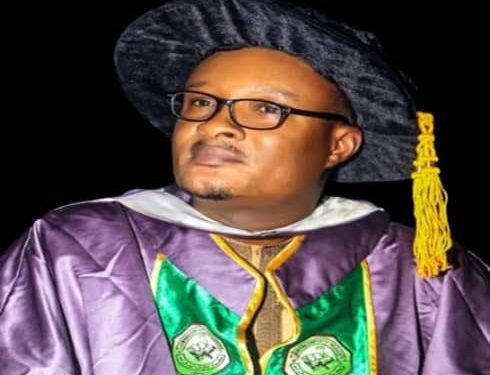The Zonal Coordinator of the Academic Staff Union of Universities (ASUU), Sokoto Zone, Prof. Abubakar Sabo, has lamented the lingering dispute between the union and the Federal Government blaming it not on lack of funds, but due to federal government’s lack of will to implement decisions reached during negotiations.
He noted that the long-standing impasse would have been resolved had the authorities shown genuine commitment and desire to addressing ASUU’s demands, which he noted are totally patriotic and aim at improving the global rating of Nigerian universities.
He said: “Contrary to clams of fiscal constraint, revenue data show significant increase. States received N3.92 Trillion from the Federal Account Allocation Committee (FAAC) in 2022 and 5. 81 Trillion in 2024, an increase of over 62 percent.
“The Federal Government share rose from 3.42Trillion in 2022 to 6.65 Trillion in 2024, an increase of over 70 percent . These figures indicate that the obstacle to resolving the renegotiation is political will not a lack of funds”.
Prof. Sabo, made the statements during the union’s zonal press conference on Thursday in Sokoto.
The Zone comprises of Usmanu Danfodiyo University, Sokoto (UDUS); Umaru Musa Yaradu’a University (UMYU); Abdullahi Fodio University of Science and Technology, Aliero (AFUSTA); Sokoto State University (SSU), Federal University, Dutsinma (FUDMA); Federal University, Brinin Kebbi (FUBK), Federal University, Gusau (FUG); Shehu Shagari University of Education, Sokoto (SSUES) and Federal University of Agriculture, Zuru (FUAZ).
He stated that federal government’s inconsistent approach to negotiations could have grave consequences for the public universities in Nigeria.
Providing more facts to buttress his points, Prof. Sabo stated that, “the quantum of funding of States and Federal Government has risen, but unfortunately, the government is not ready to lose money on education, adding that explains why they said it is not economical, but lack of political will by the leaders to do the needful in salvaging public universities”.
While noting that Nigerian university lecturers are amongst the least paid globally, he wondered why education is not considered a priority that is essential for sustainable national development in Nigeria, but treated as a commercial commodity by the nation’s leaders.
Prof. Sabo appealed to the Federal Government to seize the one month window of grace to swiftly act and comprehensively resolve all outstanding matters promptly.
He noted that despite the progress made at the non-monetary aspect of the agreement, the proposed salary increases remained inadequate and would not reverse brain drain.









